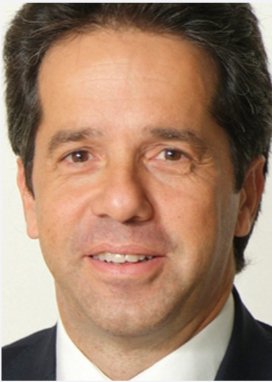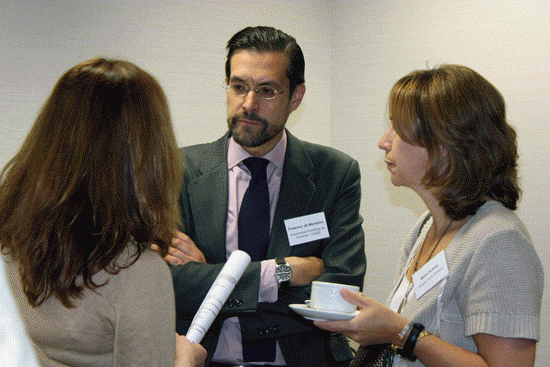Editorial March/April 2011
La esperanza de que la crisis fomentaría las buenas relaciones y una mayor colaboración entre despachos y empresas ha resultado falsa, según los participantes del International Legal Summit de Iberian Lawyer. Para los socios directores y abogados de empresa, la más clara evidencia de las tensiones está en los crecientes desacuerdos sobre los honorarios. Ello no se debe tanto a una falta de voluntad de las partes, sino a un problema de comunicación: los abogados no se sienten cómodos negociando con sus clientes de antemano, prefieren hacerlo una vez el trabajo esté terminado, con la esperanza de que todo salga bien. Sin embargo, esta actitud conlleva un riesgo muy alto ya que los despachos asumen que el cliente siempre quiere un servicio “cinco estrellas“, cuando muchas veces a las empresas les basta con algo más práctico y sencillo. La experiencia indica que los abogados que dejan la cuestión de la minuta para el final son más propensos a los conflictos y desacuerdos con los clientes.
Any expectation that the economic crisis would bring new and more collaborative approaches to internal and external lawyer relations has been sadly wrong, participants at Iberian Lawyer’s recent International Legal Summit heard.
In fact, nothing encapsulates the current in-house external lawyer tension more than the increasing number of disagreements over legal costs, the General Counsel and Managing Partners present suggested.
Far from being intentional, however, the culprit is often simple miscommunication: neither internal nor external lawyers are comfortable discussing costs in advance with each other. Much better, they reason, to wait until the work is completed and hope for the best!
This is a high risk approach, not least as a law firm will want to bill as much as possible, in plain contrast to the client’s own wishes. Firms imagine that a client wants a five star service every time, said one participant, when they may want something which is simpler.
Lawyers are of course trained to look under every leaf and search out every potential risk. The danger is where a law firm is as relentless as usual, while the client is expecting a reduced fee. Law firms of all shapes and sizes are suffering reduced profitability, and cash flow challenges, in their effort to provide the same level of services at a lower price.
Where costs are an issue, and it is not always the case, clients may be able to undertake certain aspects internally, or agree to limit the law firm involvement to pre-agreed stages and processes, especially as the majority of legal services are now being undertaken with capped fees or a budget agreed in advance. Businesses are managed on annual fixed budgets, making it difficult for a Head of Legal to justify any overspend to the Finance Director.
According to one in-house lawyer: “In the current uncertain climate, our external lawyers are in a much better situation than our other professional advisers, to point out the risks of cutting our legal spend too much; although they don’t appear to understand that.”
In fact, lawyers may have reduced their fees quickly and failed to negotiate automatic fee increases when the economic situation improves, for instance, linked to the client’s performance (profit or share price). “They are in danger of losing out to other professions who are more commercial in their approach to negotiation,” she said.
In the months ahead Iberian Lawyer will be hosting a series of workshops in order to discuss these issues. In the current difficult times, it seems, in-house and external lawyers who postpone the “money conversation”, may simply be leaving themselves open to an argument over the invoice once the work is completed.












